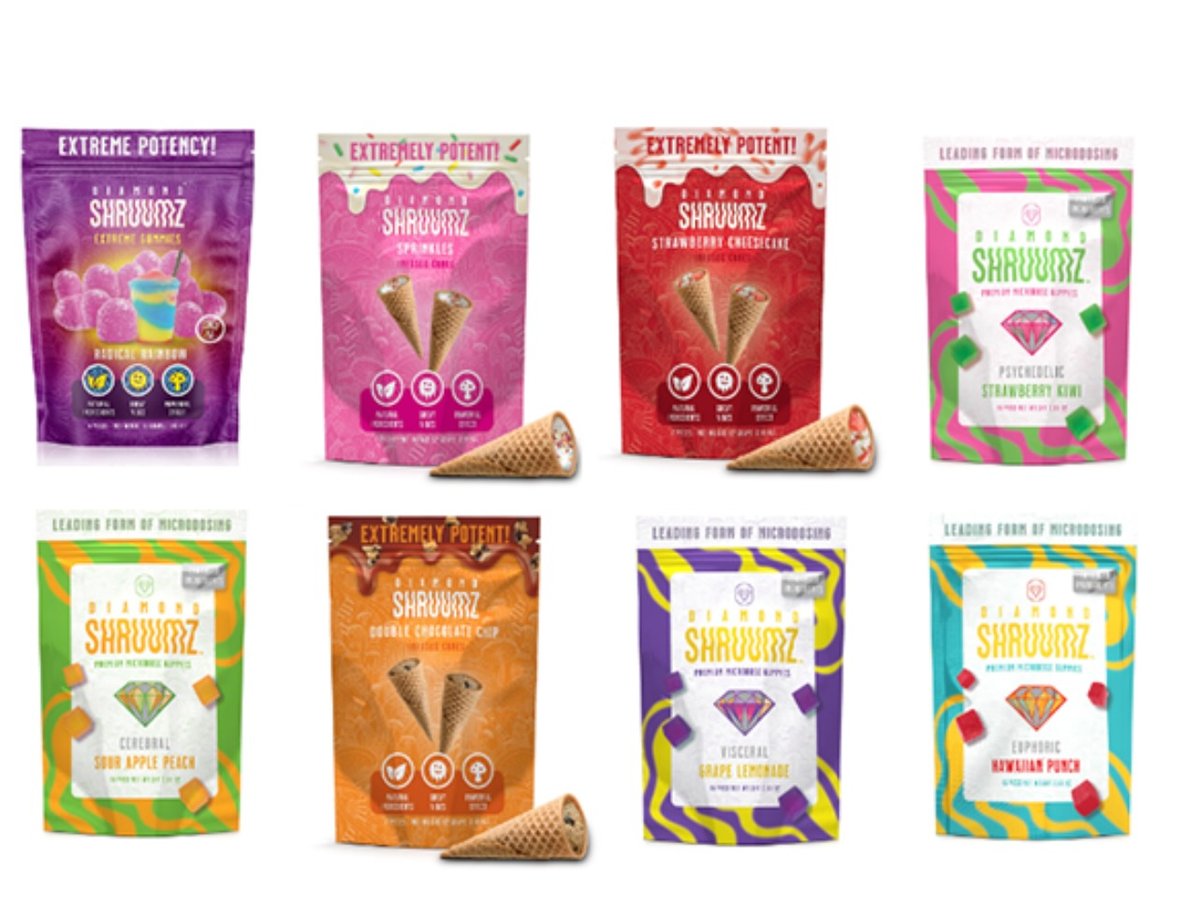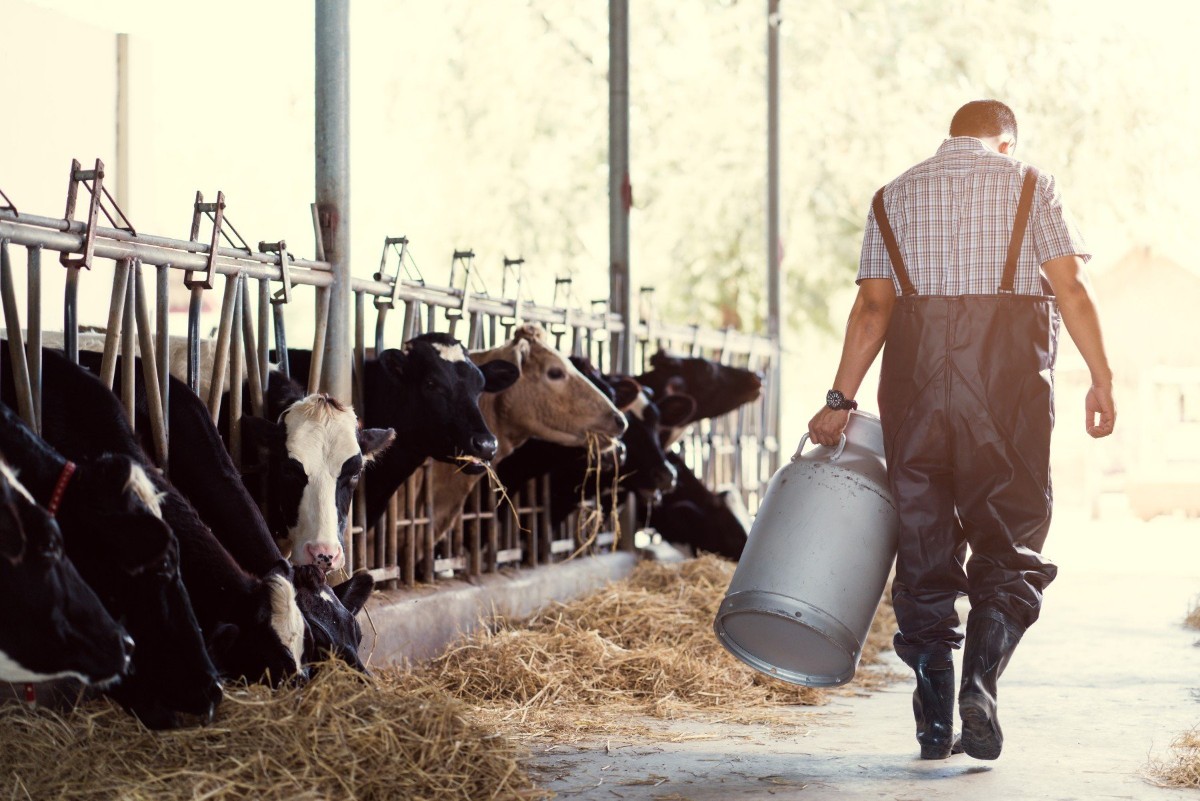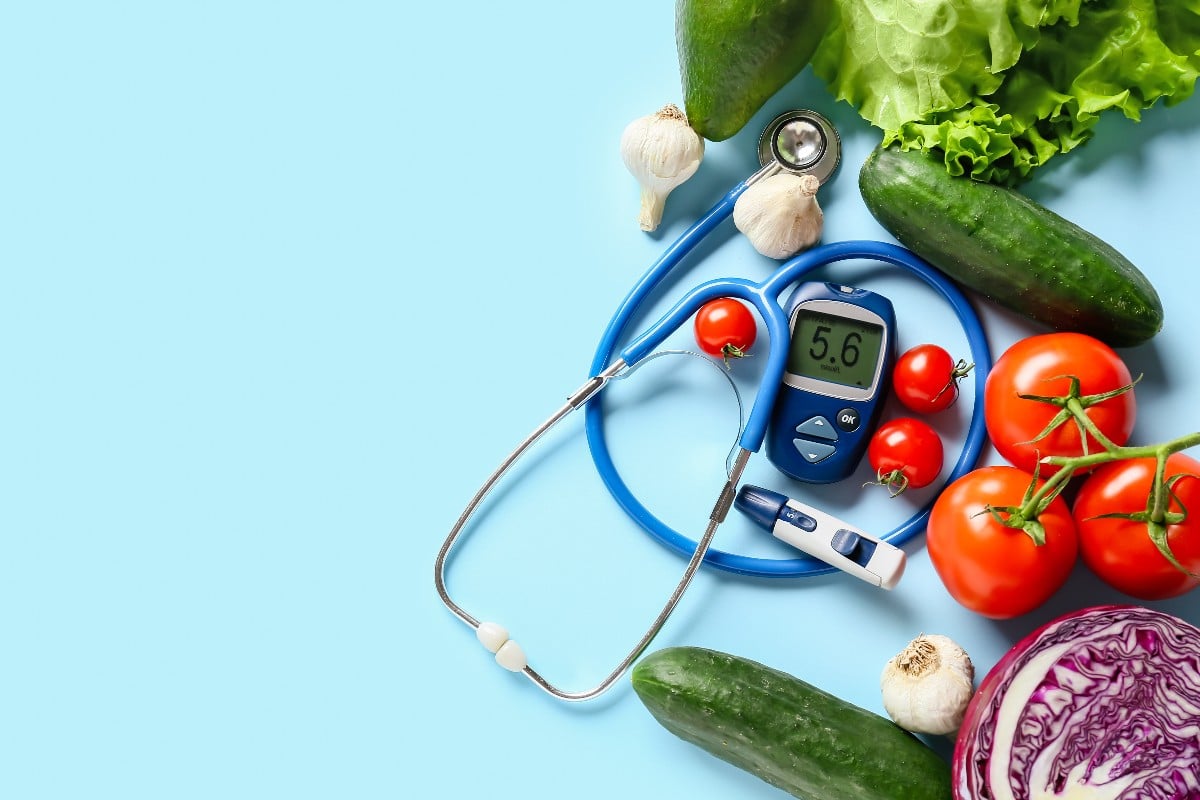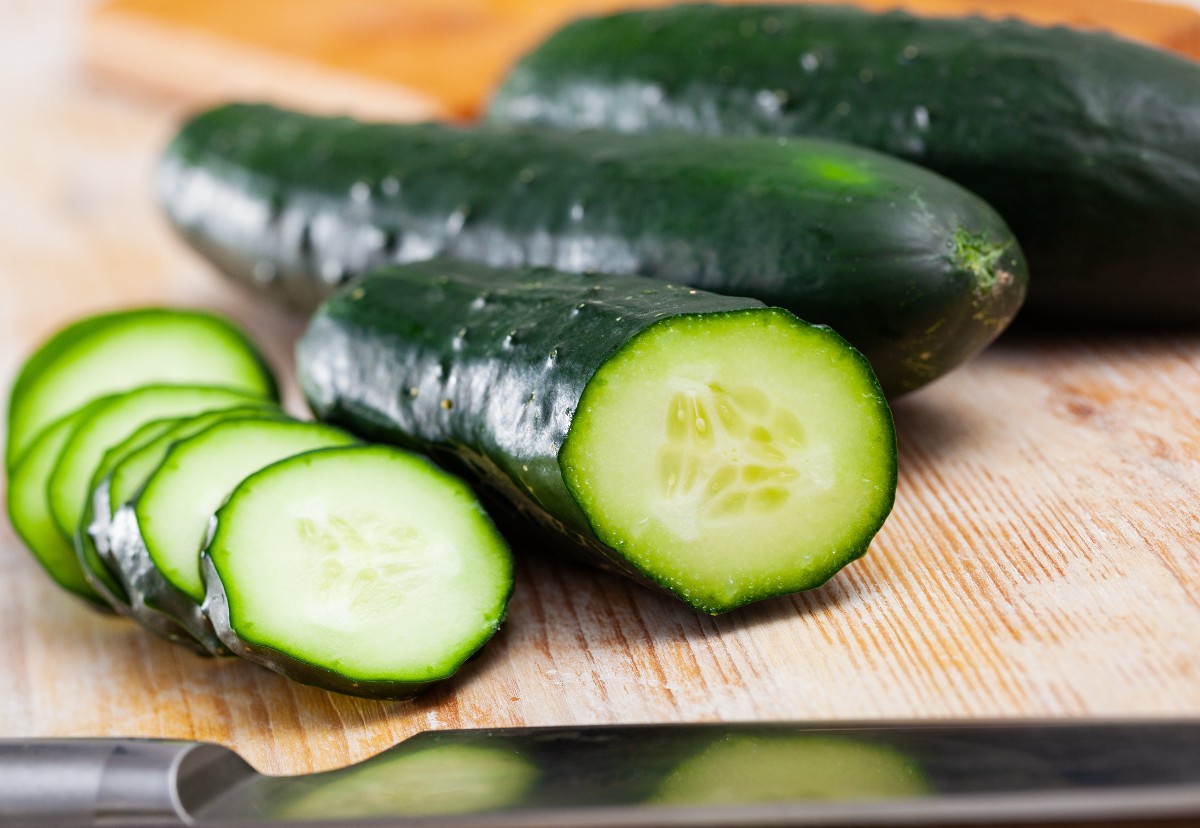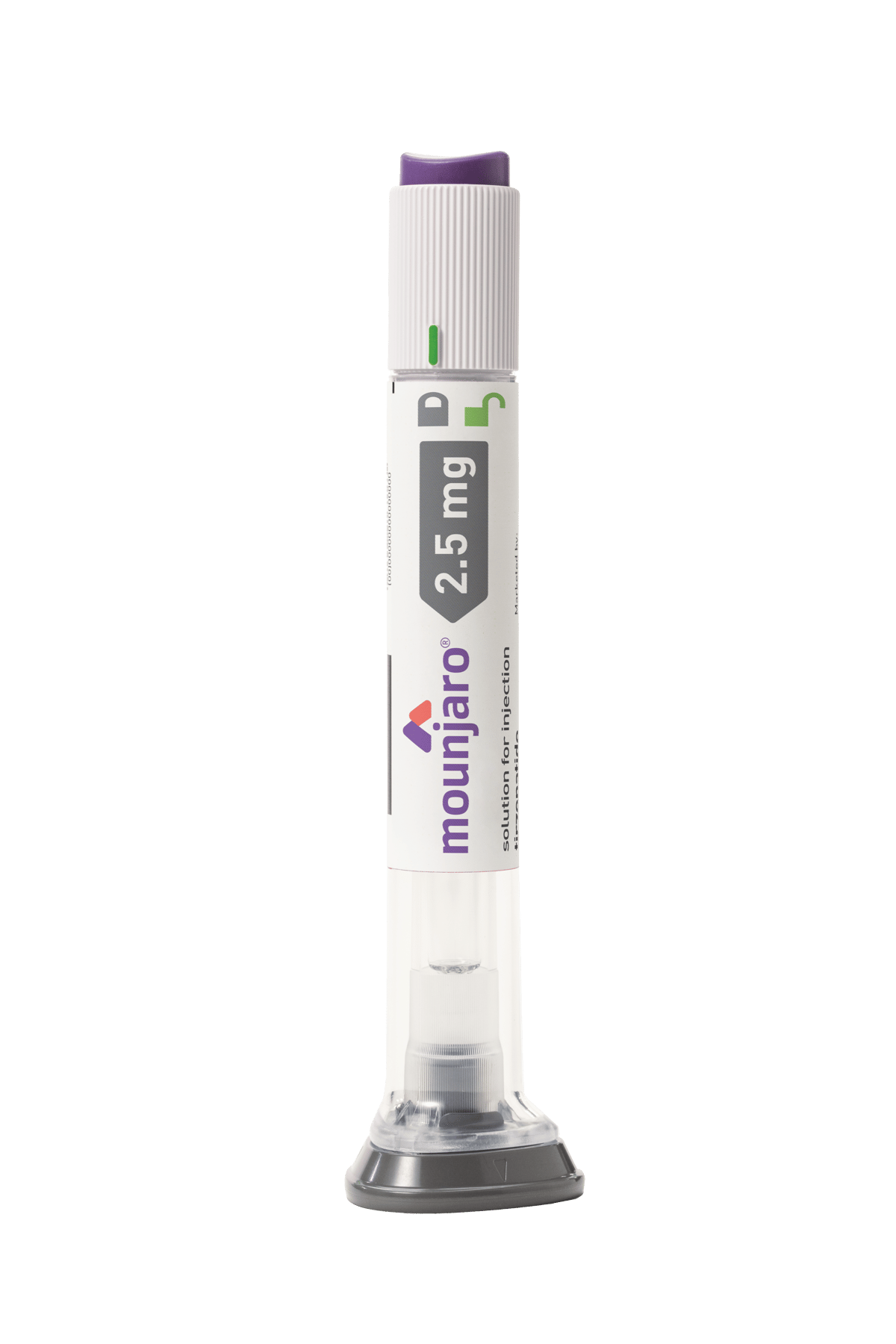
Three of four patients stop taking Ozempic or Wegovy two years after being prescribed the blockbuster drugs for weight loss, a new analysis shows. Conducted by Prime Therapeutics and Magellan Rx Management (MRx), the review sifted through pharmacy and medical claims data for 3,364 people with insurance plans that cover the GLP-1 drugs. Patients had… read on > read on >










